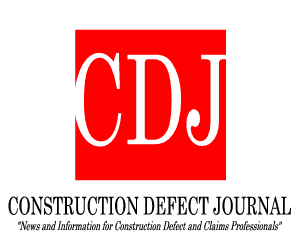
The Board released its “Unified Agenda” of anticipated regulatory actions.
In its 84-year history, the National Labor Relations Board (NLRB, Board or Agency) has promulgated a very small number of rules pursuant to the Administrative Procedures Act, relying, instead, on individualized adjudications to establish the Board’s legislative policies. However, breaking with that long tradition, the current Board now appears to be on the verge of a formal rulemaking jag for on May 22, the Board released its “Unified Agenda” of anticipated regulatory actions which, in addition to proceeding with rulemaking regarding joint employer standards, announced the Board’s intention to consider formal rulemaking in a number of critical areas. Consistent with that wide-ranging Agenda, on August 12, the Board published a Notice of Proposed Rulemaking (NPRM) over the objection of Democratic appointee, Lauren McFerran, that would amend the Agency’s rules and regulations governing the filing and processing of election petitions in three very important ways. This NPRM, therefore, deserves attention.
The first possible amendment will modify the Board’s administrative election blocking charge practice by establishing a regulation-based vote and impound procedure to be used when a party, typically a union facing possible decertification, files an unfair labor practice (ULP) charge and, based thereon, seeks to block the holding of an election.
The second possible amendment will modify the Board’s current recognition bar case law by codifying prior Board case doctrine and creating a regulation-based requirement of notice of voluntary recognition to affected employees and a 45-day open period within which affected employees may call for an election before that voluntary recognition will be allowed to operate as a bar to employees raising later questions concerning the union’s representative status (QCR).
Reprinted courtesy of Sheppard Mullin attorneys Keahn Morris, John Bolesta and James Hays
Mr. Morris may be contacted at kmorris@sheppardmullin.com
Mr. Bolesta may be contacted at jbolesta@sheppardmullin.com
Mr. Hays may be contacted at jhays@sheppardmullin.com




